
EMG Testing Near Detroit, MI
Electromyography, or EMG testing, is a technique used to diagnose many conditions involving the muscles, connective tissues, and the nerves connecting them to the brain. EMG testing is an essential tool in the belts of the providers at the Michigan Center for Regenerative Medicine in diagnosis and treatment planning. But how does it work, and what type of diagnoses benefit from EMG testing near Detroit, MI? Join us today as we break it all down for you and what Detroit residents can expect from EMG testing at The Michigan Center for Regenerative Medicine.
How EMG Testing At The Michigan Center For Regenerative Medicine Works
Electromyography has been around since the early 1950s and is a trusted procedure that is highly effective at diagnosing various types of neuropathy, among several other conditions. EMG testing functions by inserting electrodes into and around affected muscles via a needle-like probe. The conductive electrodes read the signals sent from your brain, along the spinal cord, and to the muscle. Since our muscles do not conduct electricity at rest, patients must tense or move the affected limb to stimulate the electrical flow. When testing, the EMG machine will read the nerves’ intensity, frequency, and response time to find any abnormalities.
Treatable Conditions from the Experts at Michigan Center for Regenerative Medicine
- Achilles Tendon Ruptures Treatment
- AC Joint and Tendon Tears Treatment
- Ankle Pain Treatment
- Arthritis Treatment
- Back Pain Treatment
- Bone Pain Treatment
- Bursitis Treatment
- Chronic Inflammation Treatment
- Chronic Pain Treatment
- Degenerative Disc Disease Treatment
- Diabetic Peripheral Neuropathy Treatment
- Elbow Pain Treatment
- Foot and Ankle Injury Treatment
- Foot Pain Treatment
- Herniated Discs of The Spine
- Hip Injury Treatment
- Hip Pain Treatment
- Joint Pain Treatment
- Knee Injury Treatment
- Knee Pain Treatment
- Ligament Injury Treatment
- Ligament Strains
- Lower Back Pain and Spinal Pain
- Lumbar Disc Herniation Treatment
- Meniscus Tears in the Knee
- Muscle And Tendon Sprain and Strain Treatment
- Muscle Pain Treatment
- Muscle Strains from Sports and Other Injuries
- Musculoskeletal Disorder Treatment
- Musculoskeletal Injury Treatment
- Musculoskeletal Pain Treatment
- Neck Pain Treatment
- Nerve Pain Treatment
- Neuropathy Treatment
- Osteoarthritis And Degeneration of Joints
- Other Pains Involving Bone, Joints or Tendons
- Plantar Fasciitis Treatment
- PRP For Hair Loss Treatment
- Rotator Cuff Tears in The Shoulders
- Sacroiliac (Si) Joint Dysfunction Treatment
- Sacroiliitis / Sacroiliac Joint Pain and Dysfunction Treatment
- Sciatic Nerve Pain Treatment
- Sciatica / Lumbar or Lumbosacral Radiculopathy Treatment
- Sciatica Treatment
- Shoulder Pain Treatment
- Spinal Stenosis Treatment
- Spine Pain Treatment
- Spine Trauma Treatment
- Tendinitis Treatment
- Tendon Injury Treatment
- Treatment for Tendonitis and Bursitis
- Treatment for Tennis and Golfer’s Elbow
- Tension Headache Treatment
- Torn Tendons and Ligament Treatment
- Treatment After Auto Injuries
- Treatment For Internal Derangement of Knee Cartilage
- Treatment For Knee Cartilage Lesions
- Treatment For Muscular Weakness
- Treatment For Shoulder Injuries
See What Our Patients Are Saying About Regenerative Medicine
Avoid Surgery and Addictive Prescription Drugs
Contact the Michigan Center for Regenerative Medicine Today and Schedule Your Office Visit
The Types Of Conditions That EMG Testing Can Diagnose
As we stated above, EMG testing is an effective tool for diagnosing various types of neuropathy. But that is not the full extent of the capabilities of EMG testing for Detroit residents. Some of the most common conditions which an EMG test can diagnose include:
- Peripheral neuropathy
- Nerve compression syndromes (like carpal tunnel syndrome)
- Pinched nerves
- Cervical (neck) radiculopathy
- Sciatica
- Muscular dystrophy
- Polymyositis
- Dermatomyositis
- Amyotrophic lateral sclerosis (ALS)
- Post-polio syndrome
- Myasthenia gravis
Frequently Asked Questions About EMG Testing
Are EMG Tests Painful? EMG tests can be a bit uncomfortable at first, but no more than a standard blood draw or shot, and do not require any numbing medications to be administered. However, for the day or week after the test, you may experience some soreness in the muscle; this is normal and nothing that can’t be treated with over-the-counter pain medications if you wish.
How Long Does An EMG Appointment Take? It takes about 60-90 minutes, depending upon the results and number of muscle groups that require testing.
What Should I Do To Prepare For EMG Testing? There is no need to fast before an EMG appointment. However, your doctor will likely ask for you to stop the use of tobacco and smoking cigarettes or consume caffeinated beverages three to four hours before the test, as such stimulants can cause false positives on the EMG.
Are EMG Tests Safe? EMG testing is a low-risk and minimally invasive procedure with a high success rate. That being said, notify your doctor if you have any implanted electrical devices like a pacemaker prior to the appointment, as the procedure can interfere with the function of such devices.
How do I know if I need an EMG? If you are experiencing muscle pain or extreme muscle fatigue, especially with a history of carpal tunnel or neuropathy, your doctor may recommend EMG testing.

Regenerative Medicine Specialist
Thomas Nabity Jr., MD
Dr. Thomas Nabity works with frustrated patients suffering from pain who are motivated to find an alternative to drugs and surgery. Even if you think you have tried everything and have no option, Dr. Nabity is here to tell you that we can eliminate your pain and give you back the ability to do the things you love to do. He helps people in chronic pain who are looking to alternatives to drugs and surgery who want natural solutions to pain relief and long to be in control of their health once and for all. (Read Full Bio)

Regenerative Medicine Specialist
John Santa Ana, DO
Dr. Santa Ana is Board Certified in PM&R and Electrodiagnostic medicine. He is a physician specializing in Interventional Sports, Joints, and Spine treatments. Dr. John received his medical degree at the New York College of Osteopathic Medicine and his specialty training in PM&R at The Walter Reed Army Medical Center, Washington DC. He is a Veteran and was a physician in the US Army, treating our Nation’s heroes’ musculoskeletal conditions and getting them back in the fight. Dr. John is also experienced in EMG Testing with over 10 years of Electromyography (Read Full Bio)
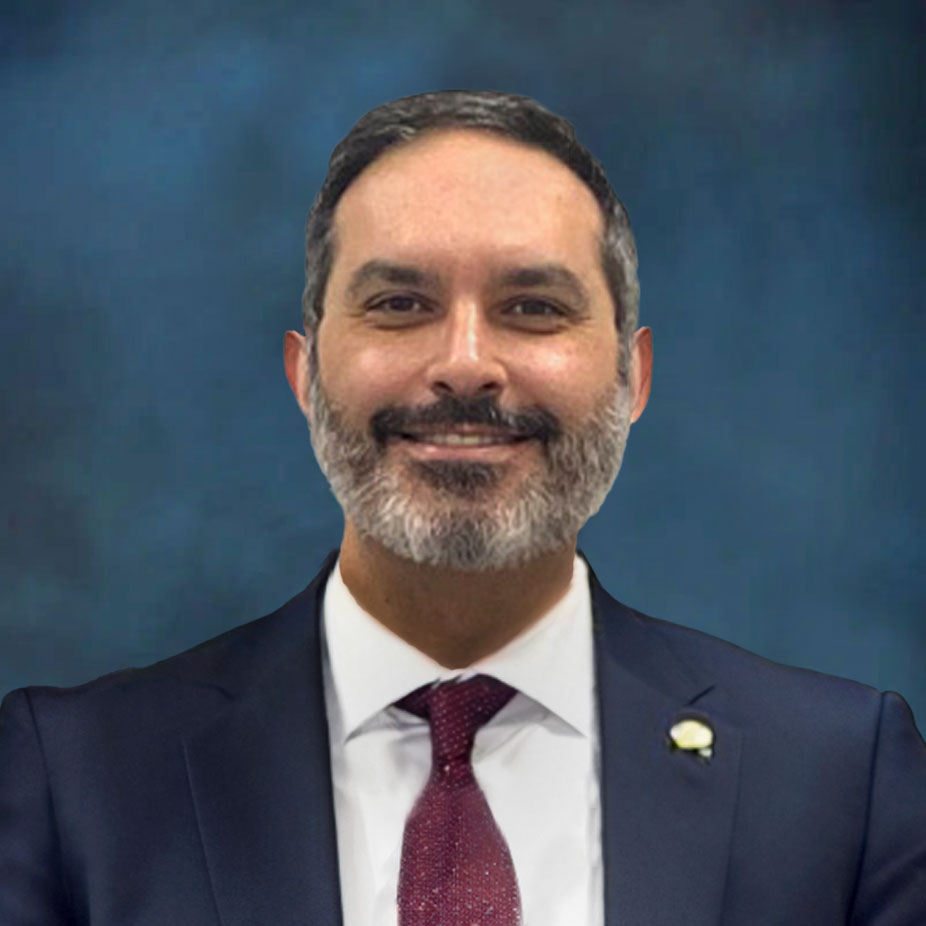
Regenerative Medicine Specialist
Robert Farhat, DO
Dr. Farhat is board certified in Physical Medicine and Rehabilitation, and Pain Medicine. Dr. Farhat has integrated Regenerative Medicine into the treatment of musculoskeletal conditions for the past several years, but has now joined Michigan Center for Regenerative Medicine in order to provide a comprehensive approach to non-surgical musculoskeletal conditions. He is considered an expert in non-surgical spine care, but treats all musculoskeletal conditions. (Read Full Bio)

Regenerative Medicine Specialist
Curt Wimmer, MD
Dr. Wimmer has now joined Michigan Center for Regenerative Medicine in order to provide a comprehensive approach to non-surgical musculoskeletal conditions. He is considered an expert in interventional pain management with an extensive resume in the medical field. (Read Full Bio)
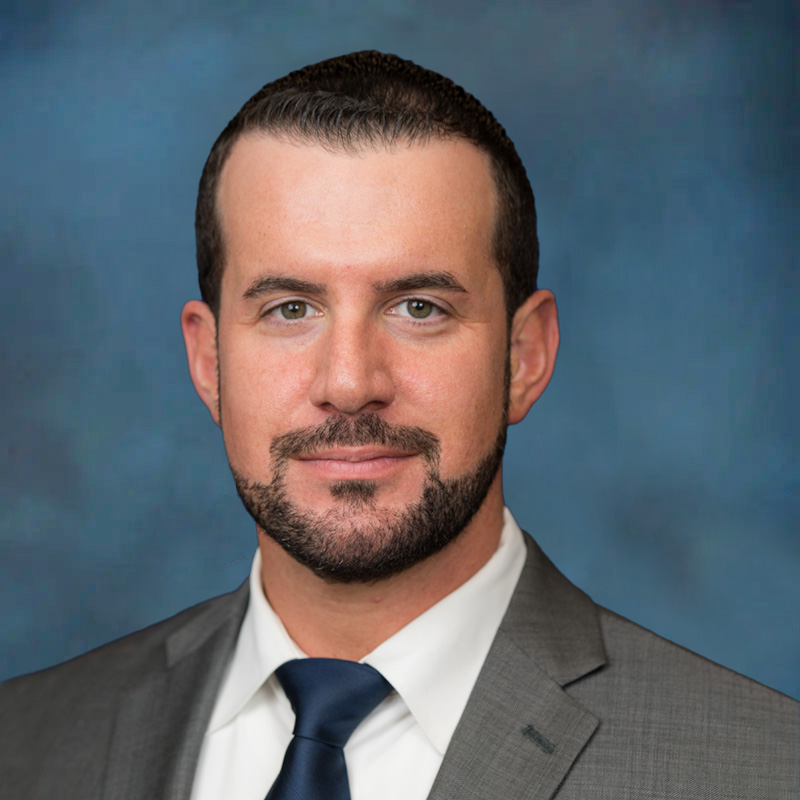
Regenerative Medicine Specialist
Braden Boji, MD
Dr. Boji is a Regenerative Medicine Specialist with a focused interest in Interventional Spine and Sports Medicine as well as Regenerative Hair Restoration. Dr. Boji serves as the Medical Director of Interventional Spine and Sports Medicine for Trinity Health System where he co-directs the Inpatient Rehabilitation Unit. While he is fascinated with the advances of modern medicine, he believes that the human body holds the tools necessary for its own healing and restoration. It is his mission to tap into those tools to help you “restore your body with your body.” (Read Full Bio)
Detroit Residents Can Get The Best Care Possible From The Michigan Center For Regenerative Medicine With EMG Testing
If you or a loved one are suffering from undiagnosed pain or looking for relief, EMG testing is now available at The Michigan Center for Regenerative Medicine. We have a wide range of treatments available for numerous painful or degenerative conditions and have a focus on avoiding surgery along with potentially harmful medications. For more information, call us today at (248) 216-1008or go online and out our contact form.
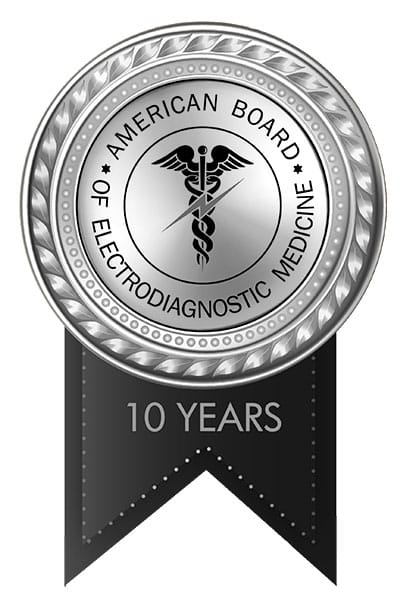
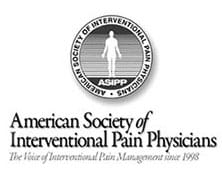
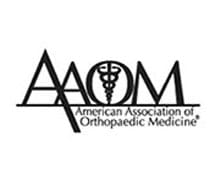
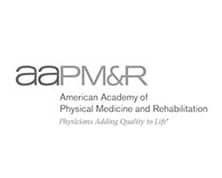
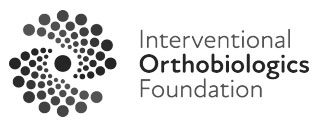
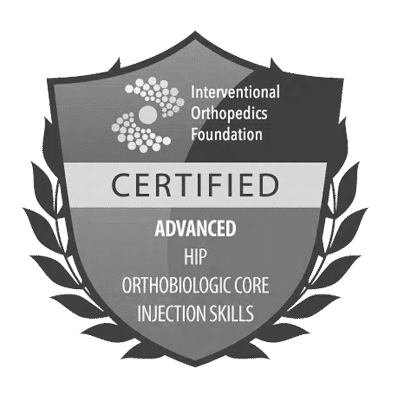
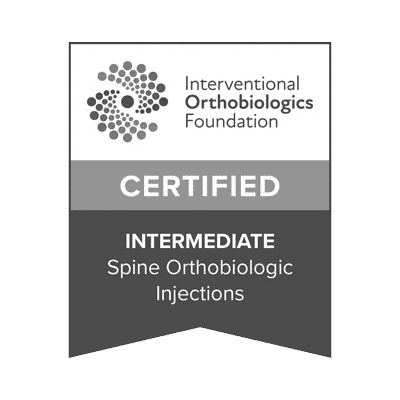
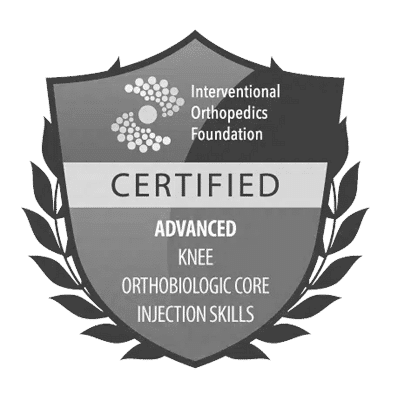
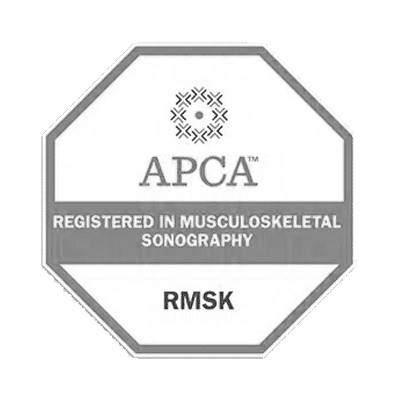
Take Advantage of New Advances in Medical Technology
Contact the Michigan Center for Regenerative Medicine Today and Schedule Your Office Visit


